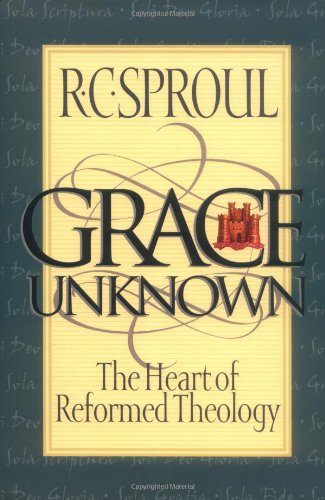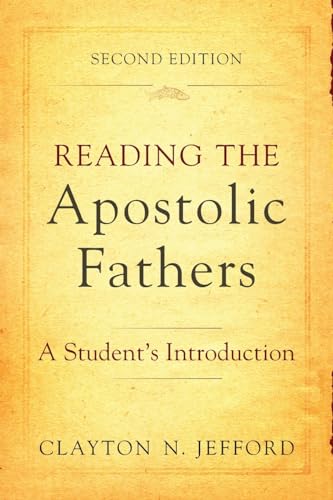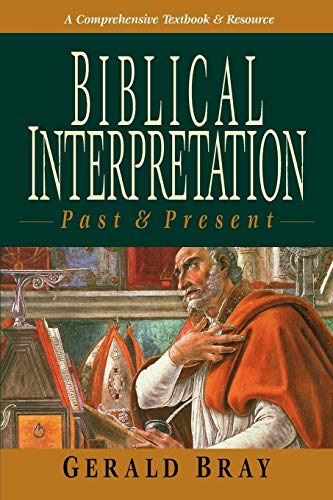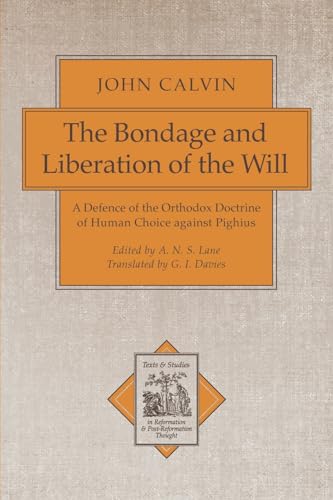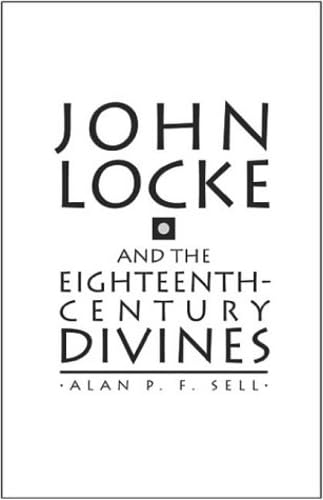Volume 23 - Issue 3
Get Back
By Stephen N. WilliamsThose who know their Beatles will remember a song of that title, and some celebrated footage of the performers playing it high up on an open roof overlooking the city of London, to the bewildered consternation of the guardians of the law. The song had a curious ambience: it displayed nostalgia for return to something stable and to roots, yet it did so in a way—and as part of a pop culture—that encouraged forward-moving breaking of barriers, mores and traditions. It is doubtless impossible to characterize modern consciousness, even just something called ‘Western’ consciousness. But one can at least identify trends. There is evidence of nostalgia; the toys of the forties and early fifties, and the songs of the sixties and early seventies, have all witnessed recent attempts at their recapture. It may not, however, last as the tidal current of our times flows ever faster. Who knows what the psychological effects of entering the new millennium will be, if we get to it? It seems more than a mere possibility that we shall slough off the vestiges of Western-Christendom consciousness and embark on or continue with a modern socio-cultural project that will be governed much more by the clamant moods of the present than the increasingly unknown history of the past.
We should do well to avoid the seduction of an apparently new age by getting better, not less, acquainted with our past. Here we have the theological past especially in mind, historical theology. There are at least three reasons for acquiring this familiarity.
- We save ourselves time and energy or, better, use our time and energy more productively than we otherwise might. It often enough happens that after years of hard labour, a theologian will come up with something that seems fresh and new, hard-won, well-pondered, a rewarding and worthwhile insight to be shared with greater or lesser modesty with the theological fraternity. It is rather deflating, on such an occasion, to be told casually and effortlessly that Plato had made that point in one of his dialogues. Plato, one muses to oneself darkly, was not even a Christian. It has been said that the history of philosophy is a series of footnotes to Plato and Aristotle. Whether or not that is well said, it is hard to find two theological equivalents; but the point is worth bearing in mind in relation to the history of theology. It is surprising what one can mine from the past in relation to the questions and tasks of the present. Yet one will commonly find half a dozen introductions to this or that twentieth century theologian, while many a Church Father, for example, languishes for lack of a solid general introduction or at least has to be contented with a solitary offering. We are considerably the losers. And we need to guard against reinventing at least parts of the wheel.
- We save ourselves from superficiality better than we otherwise might. There is plenty around that militates against the habit of thinking. How often do we set aside an afternoon to think rather than read the latest article or search the net for the latest research site? (One is almost tempted to affirm the use of the traditional old tobacco-laden pipe, if that is the only way to make sure that we think.) We are altogether too mobile. One wonders whether Nature has equipped us either for the lightning movement of images on the screen before our eyes or the rapid change of more panoramic scenes as we transport ourselves by road, rail and air from one place to another. Whatever one thinks about this, thought surely suffers and is much thinner than it used to be. The theological literature of the past is not monolithic, of course, and ‘the past’ covers a rather hopelessly large period of time. But one gets the distinct impression from much of the theological literature of the past that what has been said could not have been said without much thought, whereas much of what we read today could only have been said when information is substituted for thought.
- It has been well remarked that ‘if more of God’s people were historians, fewer would be prophets’. Amongst the interesting challenges posed by Liberation theology in its early heady days, was the challenge to theologians to be prophets, speaking the word of God in relation to the historical events of the day. Some form of precedent was alleged in the shape of Augustine’s City of God composed with at least one eye on the dramatic events attending the Roman Empire in the early fifth century. Whether or not the liberationists were right in this move, many a church sees (fancies?) itself as a prophetic community and many a Christian heart is strangely warmed at the thought of being possessed of prophetic insight. I am not demeaning or despising this at all; one can but pray for and rejoice in what is prophetic in a true and good sense. But let us not forget that hindsight is a rich form of insight, and the knowledge of history exceedingly enhances the discernment of the present. Here, of course, we pass beyond historical theology, but historical theology is included. We may privately wonder whether the author of Ecclesiastes was right in the judgement that there is nothing new under the sun (though, as ever, our reservations should be dissipated when we understand the text). Going back to the past will certainly incline us to believe that there is no one new under the sun, and the supreme business of understanding the times is always the business of understanding people.
The vaunted contrast between the biblical and non-biblical views of time and history is familiar enough to many. The biblical view, we are told, is linear: history progresses from novelty to novelty to its end, while contrasting religious or non-religious views from the ancient world are cyclical: history has no destiny. However sound such a characterization, we are in danger, as Wittgenstein used to put it, of being misled by a picture, for a line and a circle are not in conflict when we are thinking of dynamic motion. The wheel of a car goes round and forward simultaneously. It is quite conceivable, then, that history exhibits cyclical patterns and that historical theology will be amongst those disciplines that best alert us to that. The mature and the bold will try to extract wisdom on this matter from the texts of sacred Scripture itself; others will find its data inconclusive apart from the empirical study of history. But it is worth trying to understand what is going on in the world, past and present, though we see but a little and there is no point straining the eyes to try to see it all.
‘Get back’. Will people be willing to do so after January 1, 2000 or 2001, whenever the new millennium is meant to begin? Widespread cultural atheism and post-Christianity are frightening phenomena, with some obvious novelty involved. Can these, however, be detached and understood apart from pre-Christian and early-Christian atheisms that stalked bits of the ancient world? And can we, therefore, be as effective as we might be in arming ourselves for battle unless we learn afresh how Christianity acquitted itself in its early combat and how it began to lose ground in different parts of the world? Admittedly, this way of posing the questions betray their European and Northern Hemispheric background. Still, they matter. We constantly remind ourselves of the coming great Church and the Church of saints now in heaven, one with us below. But those in heaven were once on earth and we must appreciate the labours from which they rest. Irenaeus, Melanchthon and C.S. Lewis are part of the living Church through their writings and though they lack the infallibility of the inscripurated word, they are more or less useful in ‘teaching, rebuking, correcting and training in righteousness’. Their careful perusal will yield a lot more than our hasty half-baked notions. If we ‘get back’ we are doubtless in danger of never returning to the present, but if we do not we are likely to weaken intellectual resistance to the wrong and forfeit the use of some good weaponry in our offensives. It is certainly important that we make the effort.
Stephen N. Williams
Stephen Williams is professor of systematic theology at Union Theological College in Belfast, Northern Ireland, and served as general editor of Themelios from 1995 to 1999.


